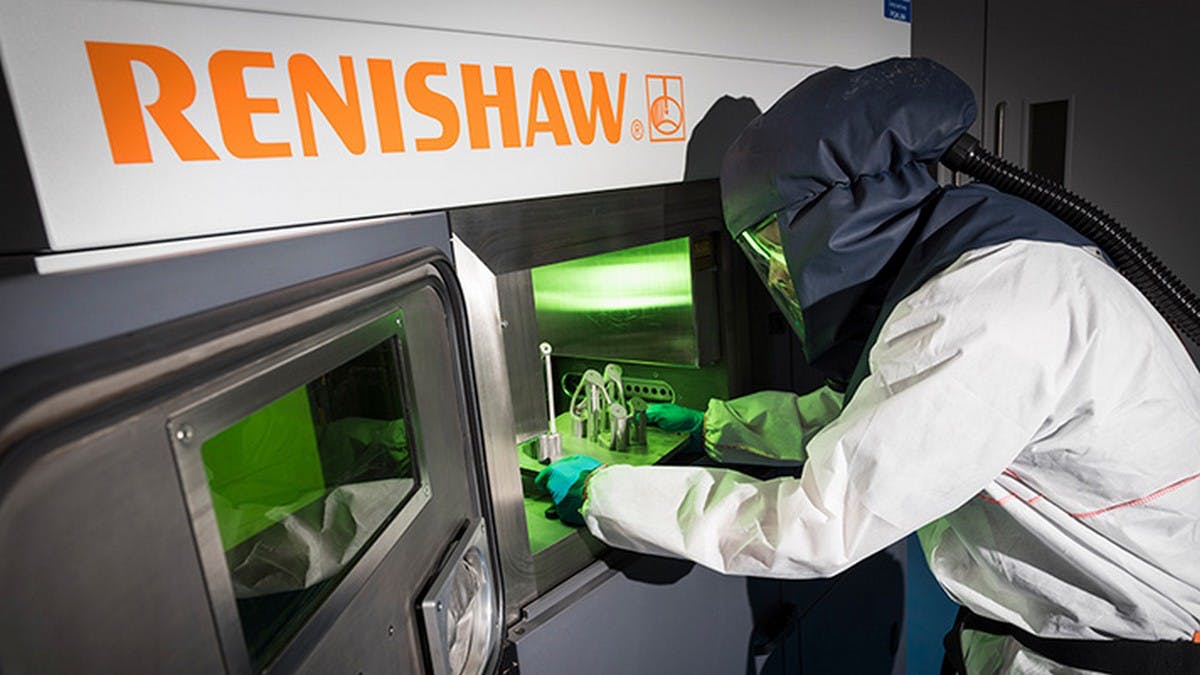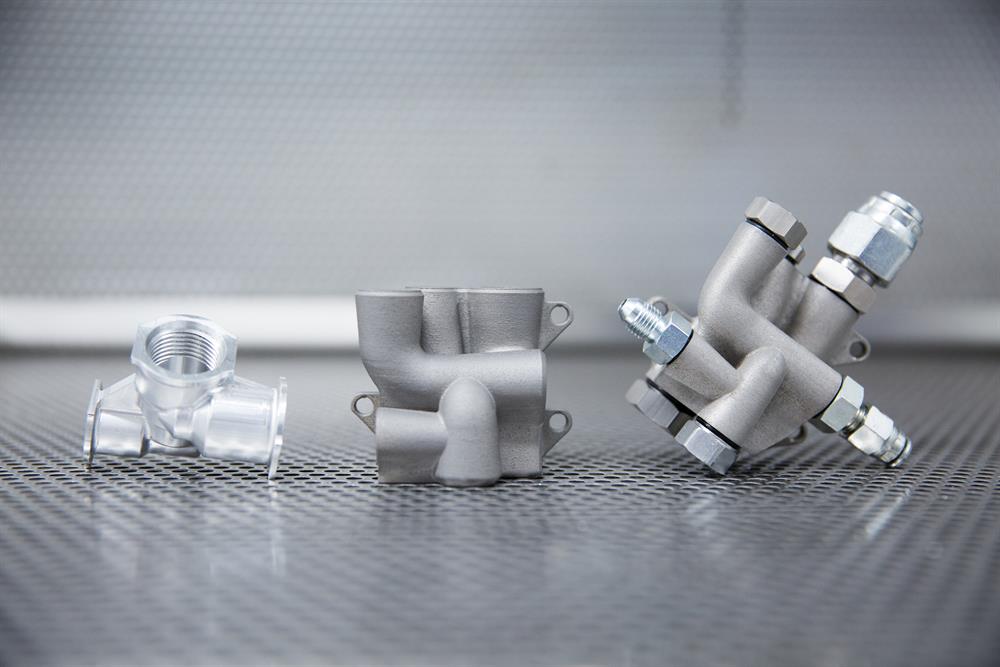Renishaw Inc. Solutions Center USA has embarked on a partnership with software development firm TRACEam. The project will deploy an end-to-end quality management tool for industrial additive manufacturing systems. The newly developed software will be integrated directly into Renishaw’s InfiniAM API ecosystem and is designed to give customers a simple and scalable method of managing AM parts.
Dr. Mike Vasquez, founder of TRACEam, states: “TRACEam is more than just a series of data streams. We have worked with dozens of manufacturers to build actionable analytic tools that give users great visibility into their entire 3D Printing process.”

Tracking the lifecycle
As companies grow and expand, it becomes increasingly difficult to track, warehouse, measure, and analyze information about the parts they print. TRACEam itself was founded in 2018 for this very purpose and has since created a quality management and documentation system specifically for AM components.
Using the 24 in-situ sensors already found in Renishaw systems, users will now be able to record real time technical machine data alongside key design, material, post-processing, and inspection data for each and every part. Then, once all this data is collated in the TRACE platform, it can be analyzed to aid users in meeting the safety, compliance, and quality requirements set by authorities such as the FAA and FDA.
Vasquez adds, “This results in a more accessible dashboard that gives manufacturers cues on material usage, part performance, and machine reliability. Renishaw has a long heritage in precision manufacturing and their emphasis on end-to-end quality control makes them a great match for the software. We’re excited to be partnering with them and about the possibilities it creates for their customers.”

Renishaw’s hand in the AM pot
While 3D printing is just a subsection of Renishaw’s expertise, the company is still one of the largest in the metal AM marketspace. Back in March, Renishaw helped produce two ocean turbine parts using its AM technology in partnership with the Nova Scotia Community College in Canada. The parts were commissioned by industrial design firm Biome Renewables, who specializes in designing wind turbines.
Around the same time, Renishaw also announced a milestone in a medical study it had been working on – a study focused on helping sufferers of Parkinson’s disease. Using its advanced metal 3D printing systems, the company was able to develop a device featuring four catheters that are implanted into relevant areas of the brain. Then, 3D printed titanium transcutaneous ports are implanted behind the patient’s ear, allowing medical professionals to access the catheters and infuse drugs as needed.
The nominations for the 2020 3D Printing Industry Awards are now open. Who do you think should make the shortlists for this year’s show? Have your say now.
Subscribe to the 3D Printing Industry newsletter for the latest news in additive manufacturing. You can also stay connected by following us on Twitter and liking us on Facebook.
Looking for a career in additive manufacturing? Visit 3D Printing Jobs for a selection of roles in the industry.
Featured image shows parts 3D printed by Renishaw. Photo via Renishaw.


